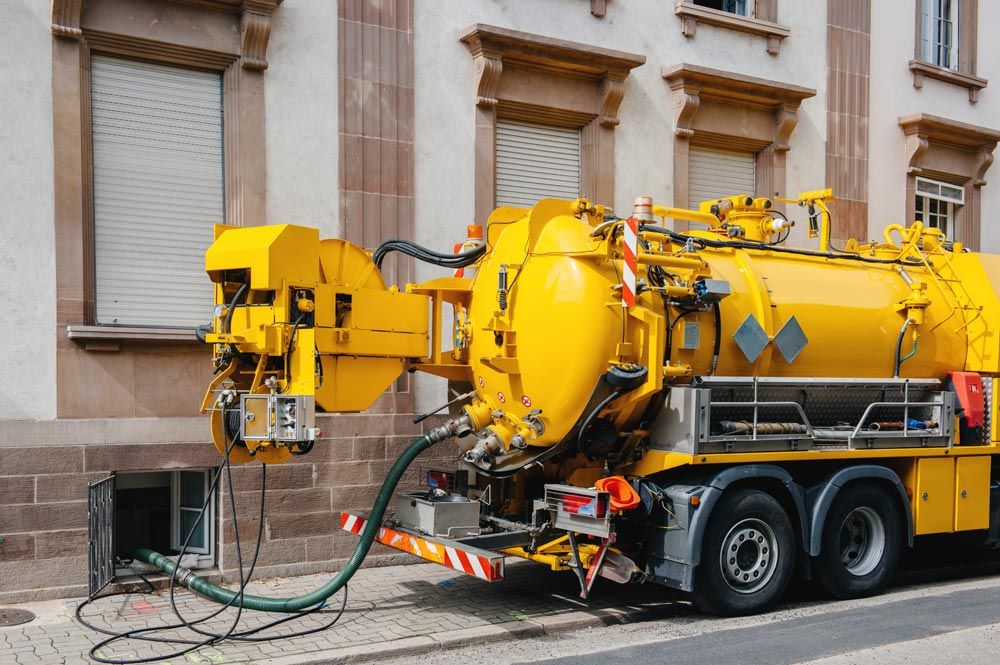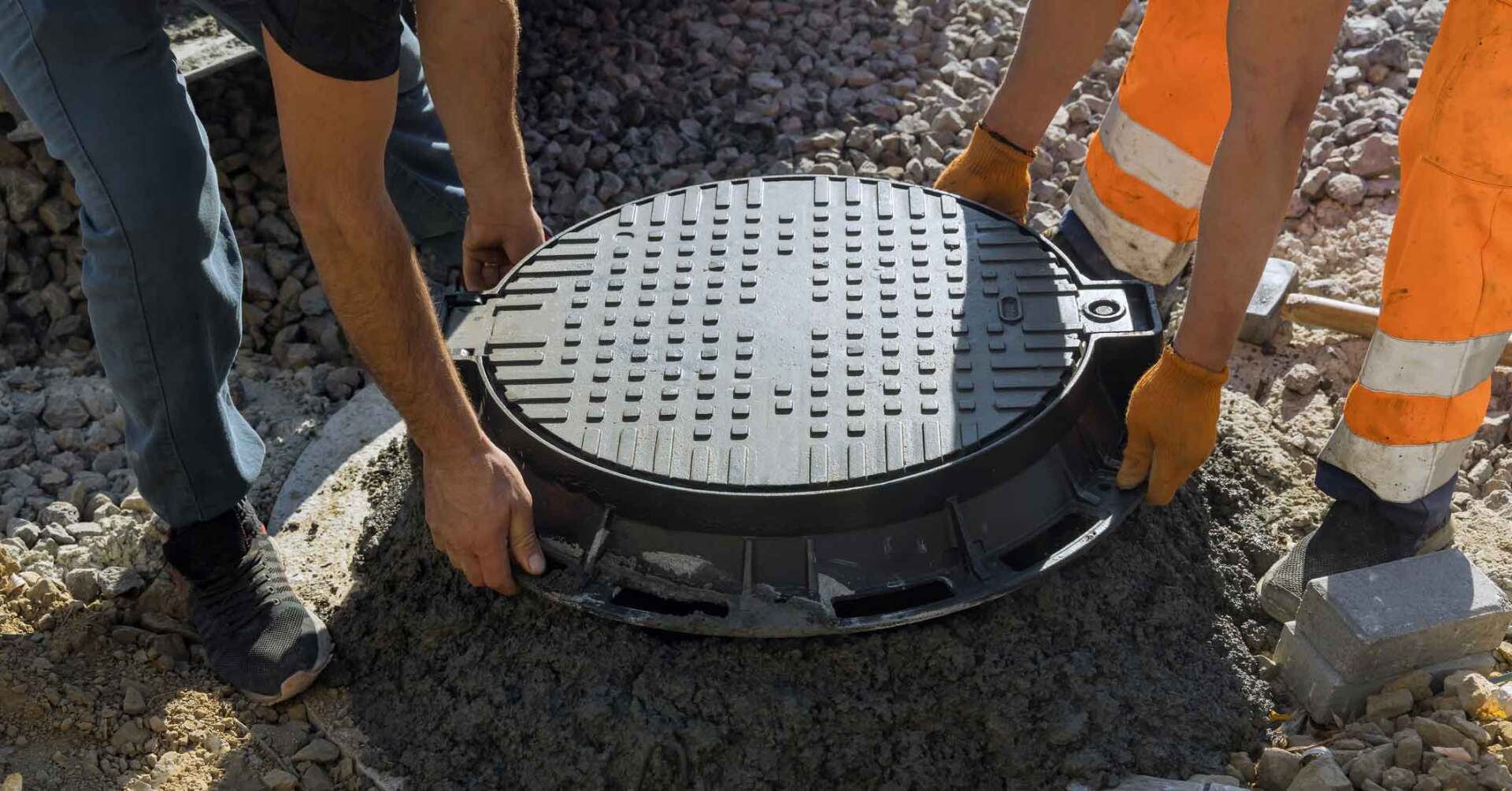Septic Tank Pumping Frequency: 3 Things to Consider
Proper maintenance of your septic system has a huge impact on the performance and longevity of your septic tank. Although guidelines recommend that you pump out your tank every three to fiveyears, several factors can influence how often you need to pump your system.
Failure to pump your septic tank on time may cause solid waste to build up at the bottom of the tank. Solid waste accumulation could reduce the amount of waste your tank can handle. Eventually, some of the waste will reenter the drain pipes, resulting in clogs and waste backups. Luckily, these three factors may help you have an idea of how often you should pump your system.
1. Your Household Size
The more people you have in your home, the more waste your system is likely to handle. You can expect shorter intervals in between pumping sessions.
For instance, during the holidays, you may have friends and family coming over more frequently than usual. The sudden influx of people may cause your septic tank to fill up much quicker. To avoid any problems with performance, you may need to schedule septic tank pumping sooner.
Similarly, a growing family may place your septic tank under more pressure to handle the increased waste - especially if you have an average-sized tank. In the same fashion, if your household size reduces, you can readjust your pumping schedule by increasing the time between one pumping session and the next.
Working closely with your septic tank expert can help you decide on a reasonable schedule that doesn't put a lot of strain on your system.
2. Your Tank's Size
Standard septic tank sizes range from 1000 to 3500gallons. Your septic tank size often depends on the number of people or bedrooms in the house. Generally, a smaller septic tank may need pumping more frequently than a larger unit.
But still, you shouldn't assume that your septic tank is the right size for you and your family, especially if other people have owned your home in the past. The previous owner's water usage habits or family size may not be the same as yours.
If you're unsure of your tank's size, you could go through your home purchase documents to find out. If that's not an option, your septic contractor can determine the exact capacity after completing the first pumping session.
3. Your Use of a Garbage Disposal
Your garbage disposal works by grinding the food scraps you dump in the kitchen drain. The grinder turns the scraps into a fine sludge that can go down your septic system with ease. In doing so, these food waste disposers eventually add solid waste to your septic tank.
Generally, the more solid waste going into your tank, the quicker your septic tank fills up. If you frequently run your garbage disposal, you might have to schedule septic pumping sessions more often. However, if you only run your garbage disposal once or twice every week, your septic tank may not fill up as quickly.
You could find more efficient ways to dispose of your food waste if you want to keep things simple. But if you can't do without your garbage disposal, your septic tank contractor can help you draft a pumping schedule that will ensure a smooth system performance.
Septic tanks are often deep in the ground, and you may have difficulty telling when yours is full. But with the factors above in mind, you can easily estimate the waste level in the tank. Such an approach can help you determine when your next pumping appointment should be. But if you need more guidance on setting up a schedule, contact The Nibbler Company today.




